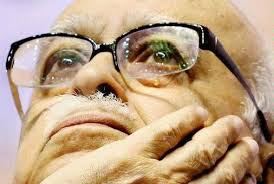New Delhi, Mar 3: Delhi's Tihar Prison authorities had made all necessary preparations for the hanging of four convicts in the Nirbhaya gangrape-and-murder case which was scheduled for Tuesday, officials said Monday.
However, on Monday evening, a city court deferred the hanging till further orders.
Postponing the execution, Additional Sessions Judge Dharmender Rana said the hanging cannot be carried out pending disposal of Pawan Gupta's mercy plea before the President, observing any condemned convict must not meet his "Creator" with grievance against courts for not acting fairly on the opportunity to exhaust legal remedies.
"We had made all the necessary arrangements for the execution of the four convicts which was scheduled for Tuesday at 6 AM. Now, the execution has been postponed and we are waiting for the further order by the court," a senior jail official said.
The hanging of the four men -- Mukesh Kumar Singh (32), Vinay Kumar Sharma (26), Akshay Kumar Singh (31) and Pawan -- who are lodged in Tihar jail, was fixed for March 3 in Tihar jail on a court order.
"We had checked the ropes. Hangman was called and dummy executions were carried out," another senior jail official said.
Barring Pawan, the other three had in the previous weeks moved curative petitions and mercy pleas which were all dismissed.
The first date of execution -- January 22 -- fixed on January 7 was postponed by the court to February 1. But on January 31, the court indefinitely postponed the hanging. On February 17, the court again issued fresh date for execution of death warrants for March 3 at 6 AM.
The court in its orders observed that the four convicts cannot be hanged since a mercy plea of one or the other convict was pending.







Comments
Add new comment